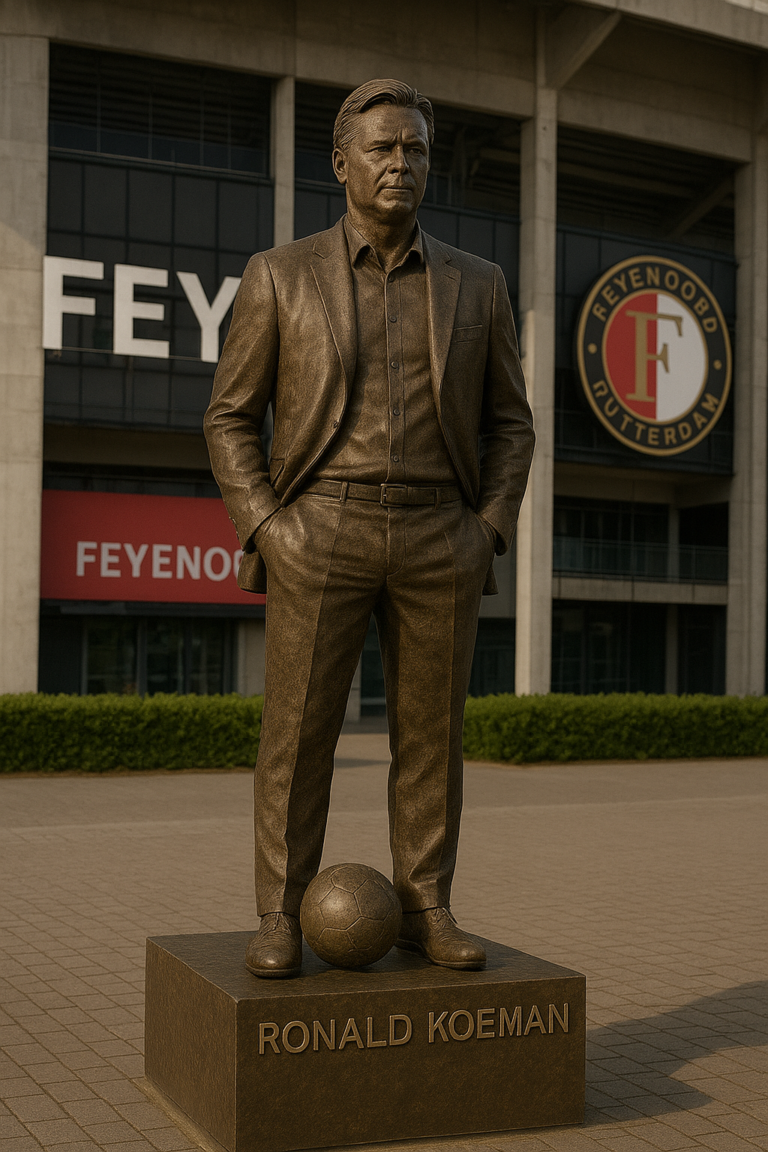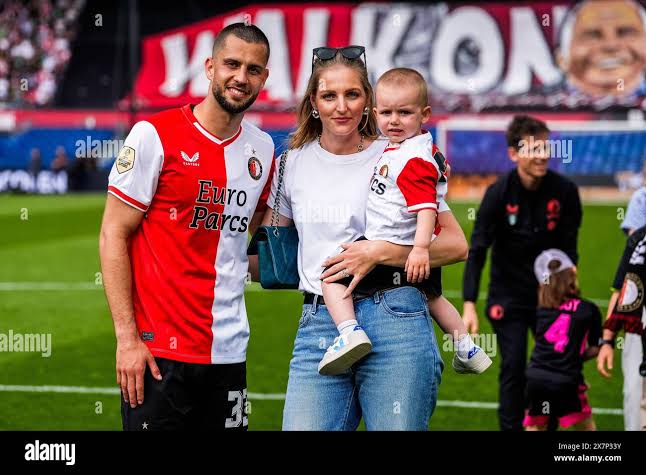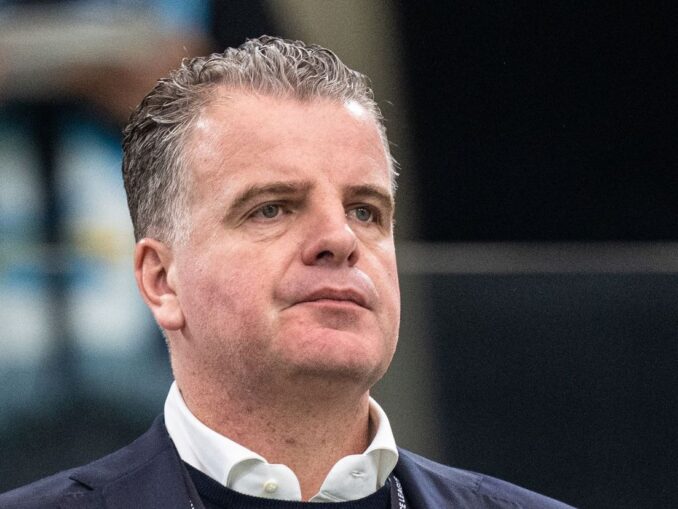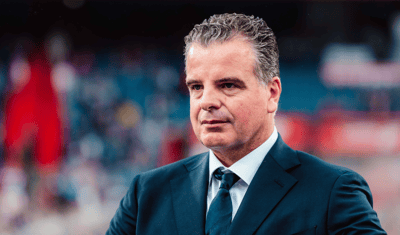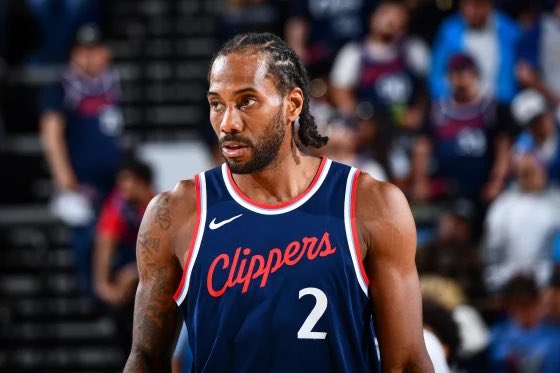
New details have emerged regarding the financial dealings surrounding Kawhi Leonard and the financial services company Aspiration, shedding light on a controversial sequence of events. According to sources on Pablo Torre’s podcast, a limited partner of the Los Angeles Clippers invested $1.99 million into Aspiration just nine days before the firm was scheduled to make a $1.75 million payment to Leonard that had already been delayed. The timing of the investment has raised questions about the intersection of business, sports, and personal relationships within professional basketball.
Aspiration, a company that promotes socially conscious banking and financial services, has struggled to maintain financial stability in recent months. Leonard, one of the NBA’s most marketable stars, had entered into promotional and endorsement arrangements with the firm, making timely payments critical both contractually and reputationally. The overdue $1.75 million payment understandably drew attention, particularly because it involved one of the league’s top players. The subsequent investment by a Clippers limited partner, reportedly Dennis Wong, only added to the intrigue and fueled speculation about the motivations and optics of the transaction.
The situation illustrates the complex web that can develop when professional athletes, ownership groups, and business partners overlap. Leonard’s connection to the Clippers and his high-profile status make any financial entanglements inherently newsworthy. While there is no evidence that any rules were broken or that the parties acted improperly, the sequence of events naturally invites scrutiny. Critics argue that the close timing between the investment and the delayed payment could suggest an attempt to stabilize the company for Leonard’s benefit, while others see it as a coincidence amplified by the high-profile nature of those involved.
For Leonard, the episode underscores the risks of partnering with companies that may not have a fully secure financial footing. Athletes today often have more power and visibility than many of the companies they endorse, but that does not eliminate the risk of delayed payments or mismanaged partnerships. Leonard’s camp, including his longtime advisor and uncle Dennis Robertson, has historically been proactive in safeguarding his financial interests, and the frustration expressed over the late payment reflects a broader commitment to ensuring he is treated fairly in all business dealings.
From the Clippers’ perspective, maintaining transparency and avoiding distractions remains paramount. The franchise has invested heavily in Leonard as a cornerstone player, and any perceived friction surrounding his finances could potentially impact team morale or public perception. As a result, the team is likely monitoring the situation closely, even if it involves transactions outside the direct operations of the organization.
Financially, the $1.99 million infusion by Wong could have been intended to provide stability to a struggling firm, particularly given the pending obligation to Leonard. It also highlights the role that minority owners and high-net-worth individuals can play in influencing companies connected to athletes. These situations are increasingly common as sports figures leverage endorsements, equity stakes, and business relationships in ways that blur the lines between personal, professional, and investment interests.
While the full ramifications of the delayed payment and subsequent investment remain unclear, the sequence of events has already sparked conversations about the dynamics between athletes, teams, and companies in the modern sports landscape. For Leonard, this may serve as another reminder of the importance of oversight and careful selection in partnerships. For fans and observers, it provides a rare glimpse into the behind-the-scenes financial interactions that can occur when elite athletes and influential business figures intersect.
Ultimately, the situation highlights how money, timing, and relationships intersect in professional sports. Whether the Aspiration investment was coincidental or strategic, the episode underscores the heightened scrutiny that comes with being one of the NBA’s top players and the complexities involved in navigating high-stakes financial arrangements. Both Leonard and the Clippers will likely continue to monitor the situation closely, ensuring that any ripple effects do not impact his career or the team’s focus on the court.



